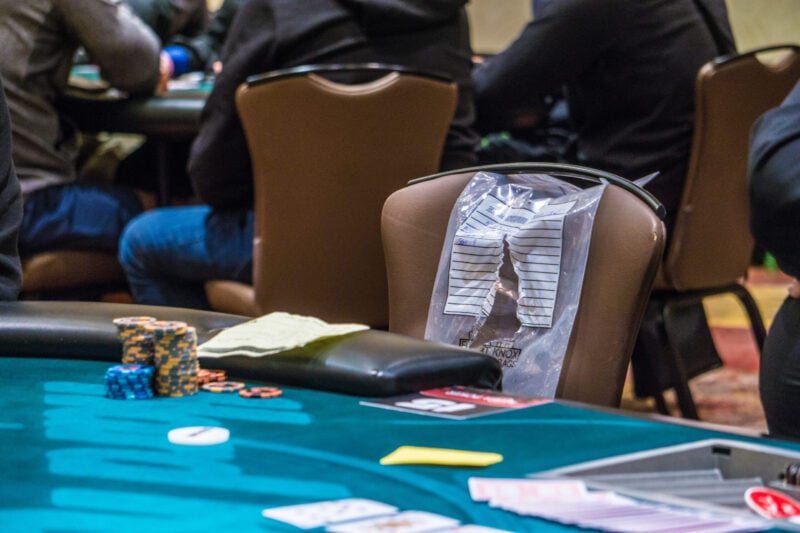The North Dakota State Senate has unanimously voted down an opportunity to allow the state’s voters to decide via referendum whether the state should add legalized online poker to its short list of approved gambling activities. On Tuesday, by a 47-0 count, as reported by the Grand Forks Herald, the state’s Senate rejected House Concurrent Resolution No. 3012, which would have placed the legalization of online poker on North Dakota’s 2022 general ballot.

The bill’s demise means another two years will pass before the state can reconsider the topic, and such a bill would face the same major hurdle as this time: a staunch bloc in the North Dakota Senate that remains opposed to gambling expansion of any type.
House Concurrent Resolution 3012 was introduced in January, and it passed the lower body in February on a 54-40 vote. However, the bill fared far worse in the Senate. In mid-March, the Senate’s Finance and Taxation Committee returned HCR 3012 to the Senate floor with a unanimous, 7-0 “Do Not Pass” recommendation. The full Senate took that recommendation to heart, with the all-thumbs-down tally even worse than a 43-3 crushing the Senate gave to a similar legalization bill in 2005.
Lead Sponsor Kasper Foiled Again
HCR 3012’s lead sponsor, Fargo Republican Rep. Jim Kasper, has repeatedly bemoaned the state’s failure to capture online gambling revenue that he asserts flows to unlicensed international sites. Kasper has pounded those drums before — he was also the sponsor of the 2005 bill, in which he claimed the state would reap a fanciful $500 million annually from legalizing online poker.
“There’s thousands of people in the state of North Dakota who are playing online poker. It’s not regulated; it’s not taxed,” Kasper told the Grand Forks Herald earlier this year, when he first introduced HCR 3012. The claim of “thousands” of current online poker players in the state is likely hyperbole, though not on a “$500 million” scale. North Dakota’s population as of the 2020 census was a scant 765,309.
Apart from Kasper’s exaggerated expectations, the Senate’s gambling bloc has long targeted him and his online-gambling plans. In 2005, Kasper organized a significant media push for his first online-poker bill. He even invited noted poker personalities Greg Raymer and Allyn Jaffrey Shulman to testify at a hearing on the bill and also play in a special poker tournament. Kasper’s gambling opponents countered by tagging him as “Antigua Jim” and threatened to file ethics complaints over his alleged acceptance of free travel to places such as Antigua and Las Vegas, where he conferred with pro-gambling lobbyists.
Better Prospects for Sports Gambling Bill
Though legalized online poker in North Dakota likely remains many years distant, a different gambling expansion pushed by Kasper remains in play. In January, he also introduced House Concurrent Resolution 3032, which would have legalized sports betting in the Peace Garden State. HCR did much better but still ultimately failed. It passed the North Dakota Assembly easily, by a 70-24 tally, but narrowly failed in a Senate vote, 24-23.
Despite Kasper’s personal love for poker, it’s likely his next sports betting bill will again draw the most interest the next time such resolutions can be reintroduced. North Dakota also finds itself mindful of gambling expansion in neighboring states, such as South Dakota. If the belief grows that the state is losing more gambling revenue to its neighbors, expect gambling bills of all types to garner more support.


